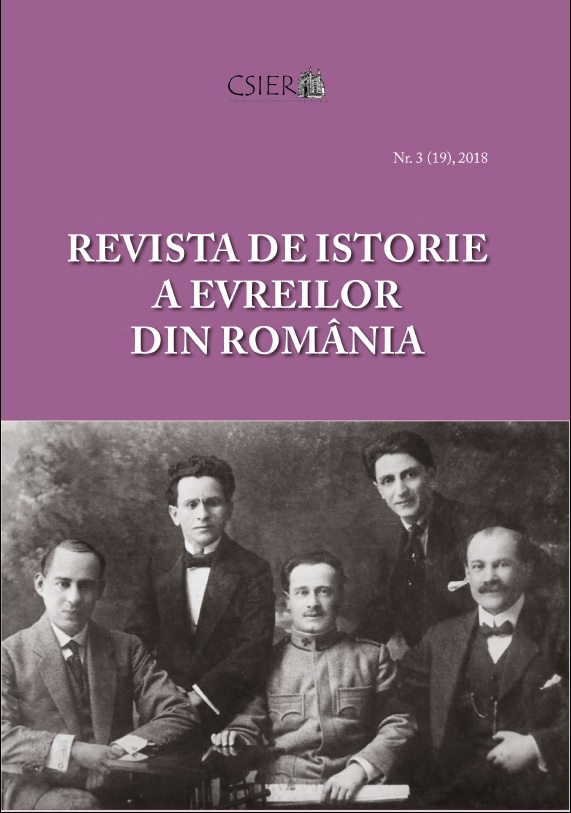Paul Celan, Eugen Ehrlich și Cernăuțiul lor
Paul Celan, Eugen Ehrlich and their Chernivtsi
Author(s): Eugen DrancaSubject(s): Cultural history, History of ideas, Local History / Microhistory, Jewish Thought and Philosophy, History of Antisemitism
Published by: Editura Hasefer
Keywords: Paul Celan; Eugen Ehrlich; Holocaust; identity;
Summary/Abstract: Paul Celan and Eugen Ehrlich are two outstanding personalities in the history of Chernivtsi, as well as in the history of Romania. Nevertheless, to date, their work is insufficiently read and known in Romania, when compared to countries such as France, Germany and Austria. This paper points out the importance of the city of Chernivtsi, implicitly of the interwar period, upon the work and personality of both Paul Celan and Eugen Ehrlich. The two never met, because Ehrlich died two years after Paul Celan was born, but they are present in Chernivtsi (now part of Ukraine), not only due to the books they published, but also to the statues, commemorative plaques, streets and the places that are named after them. In Romania, there was no such initiative. On the contrary, given the current revival of anti-Semitism in Eastern Europe, Romania witnesses a trend meant to rehabilitate people who contributed to the deportation and extermination of the Jewish population, implicitly to rehabilitate people who contributed to the Holocaust. Indeed, Paul Celan’s parents were victims of the anti-Semitic and xenophobic policy of the Antonescu regime (1941-1944): they died in a Transnistrian camp, in 1942. This tragedy, which is both personal and collective, deeply influenced Paul Celan’s work and made literary critics dub him the “poet of the Holocaust”. In his work, Ehrlich preceded and anticipated the development of constitutional law and sociology of law, implicitly the works of Max Weber and Hans Kelsen. His work, fully written in German, is studied and appreciated in the German-speaking academic environment; Instead, in Romania, he is mentioned only very shortly – in the textbooks of General Theory of Law and the Analysis of Legal Doctrines, respectively.
Journal: Revista de Istorie a Evreilor din Romania
- Issue Year: 2018
- Issue No: 3 (19)
- Page Range: 47-55
- Page Count: 9
- Language: Romanian
- Content File-PDF

